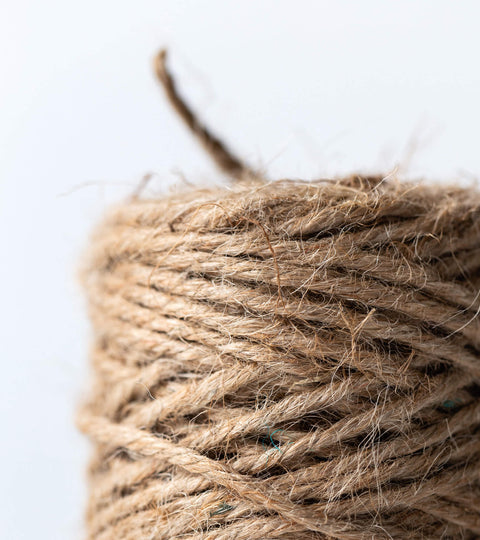After nearly a century of prohibition, the United States has returned to its roots; with the passage of the
2018 Farm Bill, hemp production is fully legal at the federal level for the first time since
1937.
As a leader in the industrialized world, America now has a unique opportunity to lead the way in developing and embracing hemp-based items.
We’ve curated a list of ten high-quality products that can greatly reduce current environmental challenges. It’s our hope that in the near future these and other hemp products will become widely used.
Fuel
Fossil fuels like coal, natural gas, and crude oil power our cars, homes, and businesses, but they also
wreak havoc on our environment. Hemp presents a better way forward. Hemp seeds contain oils that can be turned into bioethanol and biodiesel, leading to a potentially unlimited source of eco-friendly energy.
Paper
When trees are felled for paper, new trees planted in their place take decades-sometimes
centuries-to reach full maturity. Of course, that’s
if new trees are replanted. We can use a constant supply of hemp for paper without the
environmental harms associated with traditional paper production. And if you’re a packrat who plans to store your scribbles for the entirety of your lifetime, you’ll be happy to know that because hemp paper is acid-free, your documents will never turn yellow or become brittle.
Plastic
According to
PBS, 8.3 billion tons of plastic have been made between 1950 and 2015. At present, around 4.9 billion metric tons of plastic debris are in landfills. This number is expected to
double by 2050. Petroleum-based plastics are not considered biodegradable, with decomposition
estimated to take between several hundred to a thousand years. Hemp plastics, unlike petroleum-based plastics, are 100% biodegradable.
Fabrics & Clothing
Hemp-based attire has a history dating back
10,000 years; even after ten millennia, it’s still the highest quality (and most environmentally-sensitive) choice for your wardrobe. Unlike many other materials, hemp turns softer with each wash. It’s also far less likely to provoke an allergic reaction because growing hemp requires few (if any) herbicides and pesticides. In comparison to cotton, an acre of hemp can produce
three times as much clothing, a benefit that could be passed down to consumers with lower costs for top fashion. And Jack Frost doesn’t stand a chance when you’re layering with hemp; hemp clothes can provide much
more warmth than cotton-based clothes.
Carpets
Synthetic carpets are loaded with debris, allergens, and, worst of all, approximately
44 dangerous chemicals. Hemp-based carpets not only avoid these hazards, but are fully biodegradable.
Diapers
Diapers may be a necessity for your bundle of joy, but did you know that the 20 billion disposable diapers added to landfills each year in the U.S. create approximately
3.5 million tons of waste annually. This waste pollutes our waters and creates toxic gases like methane. Hemp-based diapers not only avoid these environmental hazards, but are comfortable for your baby and also quite durable.
Bags
According to the
Center for Biological Diversity, only 1 percent of plastic bags are recycled in the United States. Even worse, around 100,000 marine animals are killed by plastic bags per year. Hemp-based bags are not only good for the environment, but they’re also much hardier than plastic bags.
Shoes
At present, around
290 million cows are killed globally per year. While some are killed for food, many are killed for leather. Even if you’re not a vegan or vegetarian, you can do your part for animal rights by switching to footwear made from hemp. Your feet (and the cows) will thank you.
Paint
Paint is filled with volatile organic compounds (VOCs), toxic chemicals released as paint begins to dry. Many of the VOCs in paint are
carcinogenic, including benzene and methylene chloride. If you want to redesign your home without putting your family at risk, consider hemp oil paints. They produce an excellent finish and dry at a quick rate.
Nail Polish
Why suffer for fashion when hemp seed oil nail polish is a superior alternative to traditional nail polishes?
Chemicals like dibutyl phthalate, ethyl acetate, and isopropyl alcohol that are in most conventional nail polishes are harmful to your health and to the environment. Not only will hemp seed oil nail polish make your nails look stunning, but the Vitamin E, fatty acids, and protein in hemp will strengthen and repair your nails.
The widespread use of industrial applications of hemp is not only essential to creating a more eco-friendly future, but also a rich part of humanity’s past. Learn about the 12,000 year history of industrial hemp production and cultivation by clicking here.

